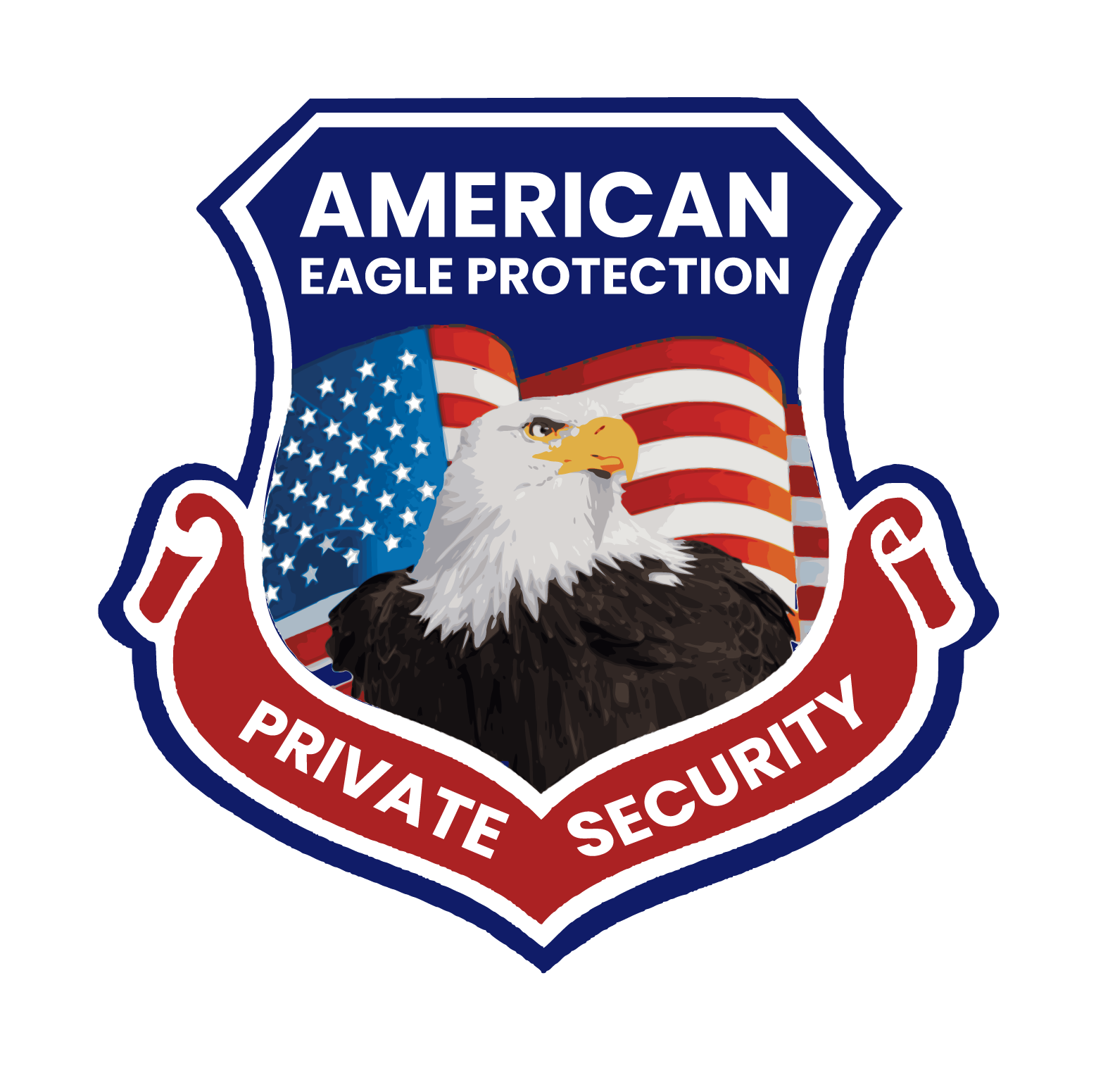Event security is an indispensable aspect of planning and executing any successful event, regardless of its scale. From weddings and corporate conferences to concerts and public gatherings, ensuring the safety of attendees, staff, and assets is paramount. This comprehensive guide explores the significance of event security, the role of professional security services, and actionable strategies for creating a secure environment.
The Importance of Event Security
Event security is not just about preventing theft or managing unruly crowds; it’s about creating a safe and controlled environment for all participants. Here’s why it’s a critical component of event planning:
Safety and Risk Mitigation
The safety of attendees is the top priority for any event. Potential risks range from physical altercations to more severe threats like terrorism. A well-planned security strategy minimizes these risks and ensures that everyone feels safe.
Crowd Management
Large gatherings, such as concerts or sports events, can quickly become chaotic if not managed effectively. Security teams help control crowds, prevent overcrowding, and guide attendees safely within the venue.
Compliance with Legal Requirements
Many regions have strict regulations regarding the safety and security measures required for events. Adhering to these laws not only avoids legal complications but also enhances the reputation of the event organizers.
Emergency Preparedness
Unforeseen emergencies, whether natural disasters, medical crises, or security breaches, can occur at any time. Having a trained security team ensures swift and effective responses to such situations, minimizing harm.
The Role of Professional Event Security Services
Hiring professional event security services is the most effective way to ensure a secure and well-managed event. Security companies bring expertise, trained personnel, and advanced technology to the table, offering a range of services tailored to different event types.
Risk Assessment and Planning
Before the event, security experts conduct a thorough assessment of the venue, identifying vulnerabilities and potential threats. Based on their findings, they design a customized security plan that addresses specific needs.
Access Control and Surveillance
Managing entry and exit points is crucial to prevent unauthorized access. Event security teams use tools like ticket verification systems, ID checks, and even biometric scanning for high-profile events. Additionally, CCTV cameras and on-ground personnel monitor activities to detect and respond to suspicious behavior.
Specialized Services for Large or High-Profile Events
Events featuring VIPs, such as celebrities or political figures, require specialized security measures. Close protection services, secure transportation, and discrete monitoring ensure the safety of high-profile guests.
Technology Integration
Modern security firms utilize advanced tools like drones for aerial surveillance, metal detectors for weapons screening, and real-time communication devices for seamless coordination. These technologies enhance the efficiency and reliability of security operations.
Emergency Response Teams
In case of emergencies, security companies deploy specialized teams trained in medical assistance, evacuation procedures, and crisis management. Their quick response can prevent minor incidents from escalating into major problems.
Strategies for Effective Event Security
A secure event is a result of meticulous planning, collaboration, and the use of appropriate tools and technologies. Here are some actionable strategies to ensure robust security at your event:
Conduct a Comprehensive Risk Assessment
Evaluate potential risks related to the venue, expected crowd size, and event type. Identify areas prone to bottlenecks, vulnerabilities, and emergency exits to create a solid security foundation.
Deploy Trained Security Personnel
Hire professional security teams with experience in managing events similar to yours. Trained personnel understand crowd psychology, conflict resolution, and emergency protocols, ensuring a calm and controlled environment.
Implement Advanced Access Control
Use ticketing systems, wristbands, or biometric scanners to manage entry points effectively. Clear signage and separate entrances for VIPs, staff, and attendees help avoid confusion and maintain order.
Leverage Technology
Invest in technologies like surveillance cameras, motion sensors, and communication devices. For larger venues, drones and AI-powered analytics can provide valuable insights into crowd behavior and potential risks.
Coordinate with Local Authorities
Collaborate with police, fire departments, and medical teams to ensure comprehensive coverage. Having local authorities on standby enhances response times during emergencies.
Prepare for Contingencies
Develop contingency plans for various scenarios, including natural disasters, security breaches, or medical crises. Conduct drills with your team to ensure readiness and familiarity with emergency protocols.
Communicate with Attendees
Transparent communication about security measures reassures attendees while setting clear expectations. For instance, informing them about prohibited items or emergency procedures fosters cooperation and compliance.
Conclusion
Event security is far more than a precautionary measure—it’s a fundamental aspect of any successful gathering. By investing in professional security services, leveraging technology, and adopting proactive strategies, organizers can create an environment that prioritizes safety without compromising the attendee experience.
From managing risks to responding effectively to emergencies, robust security measures ensure peace of mind for both organizers and attendees. Whether you’re hosting a small private party or a large public event, prioritizing security is the key to success. After all, a secure event is not just a safe event it’s a memorable one.
